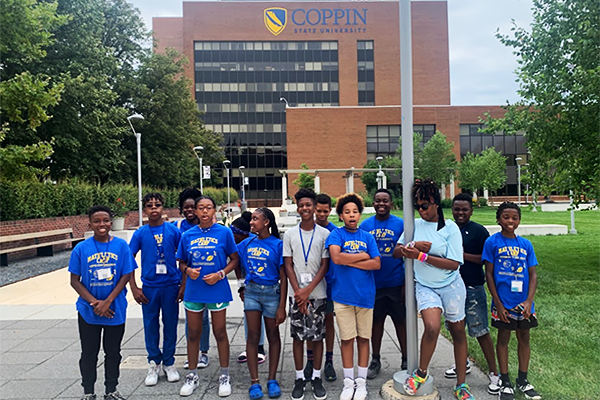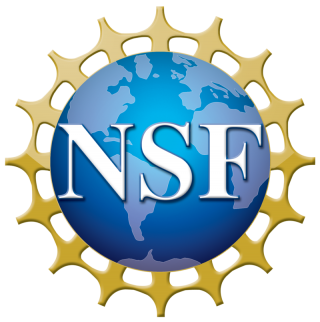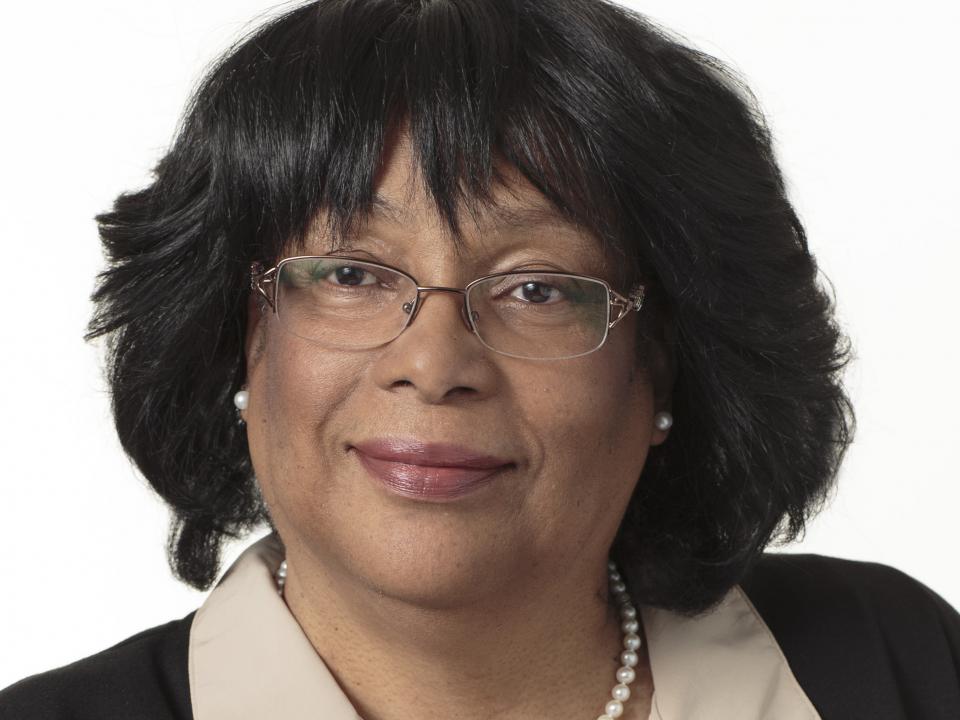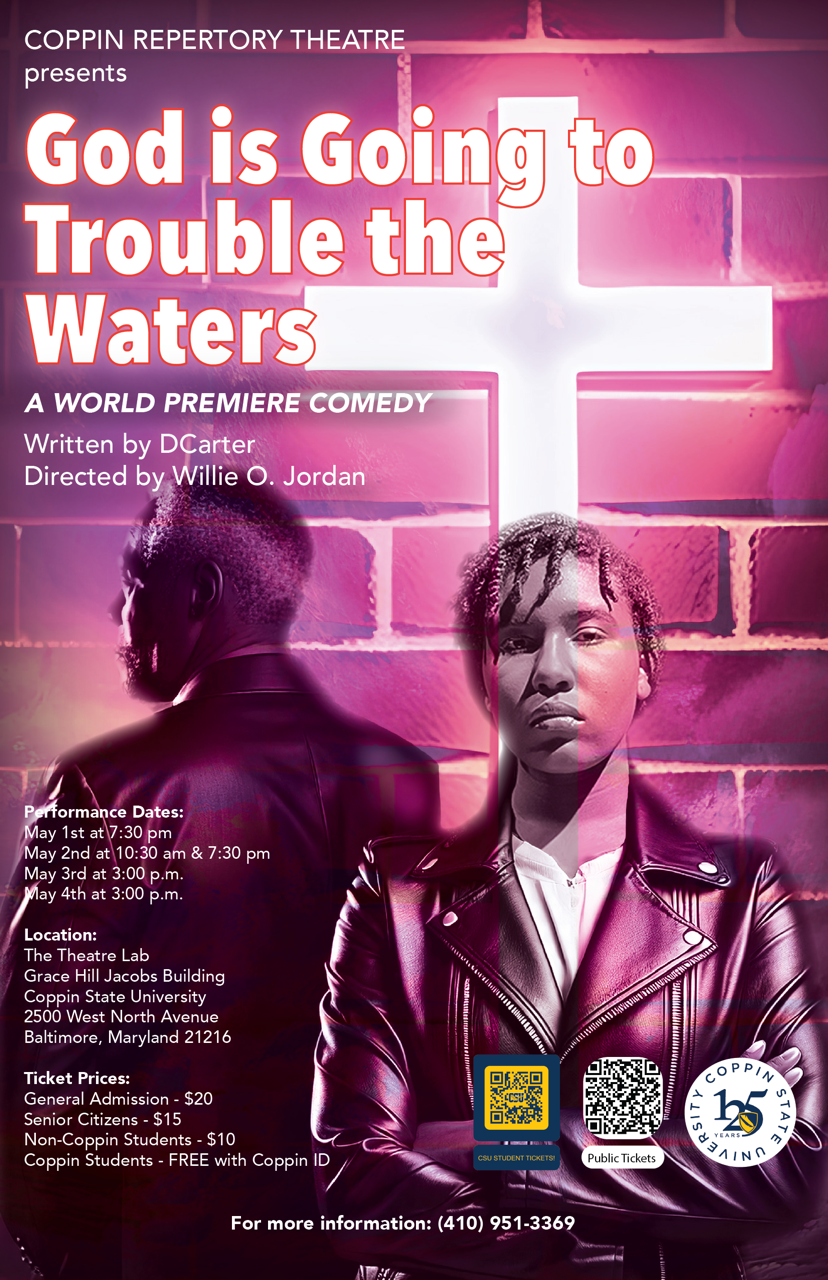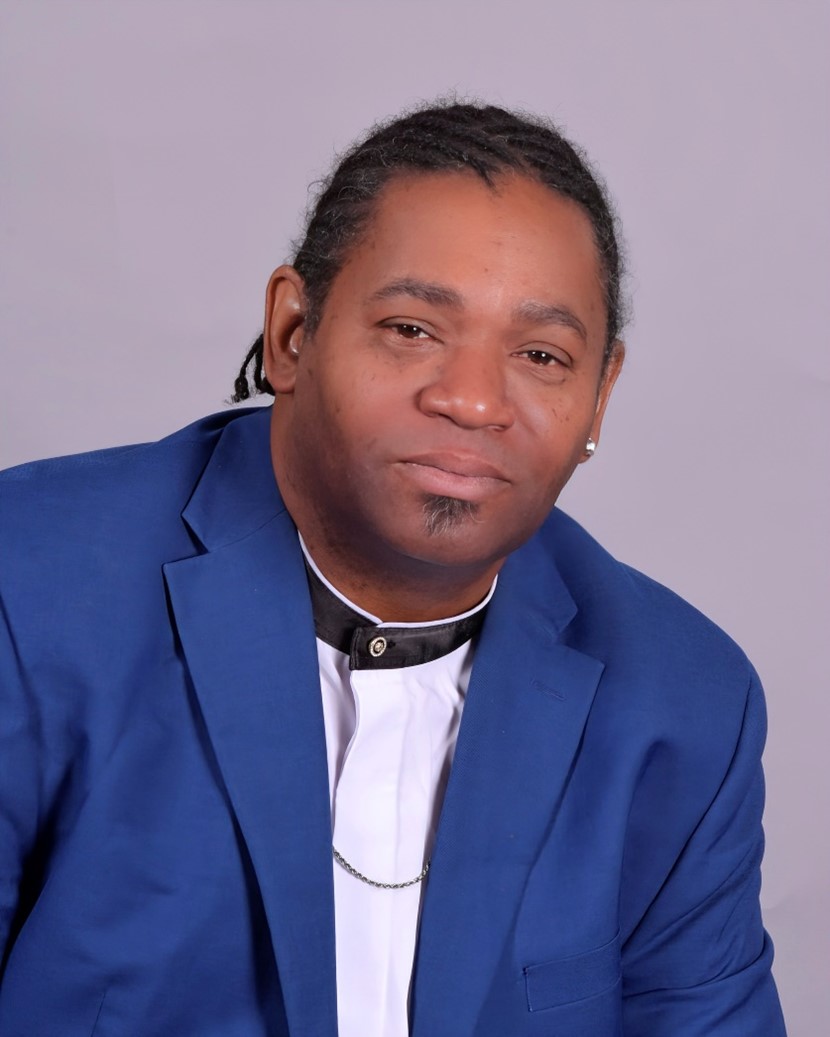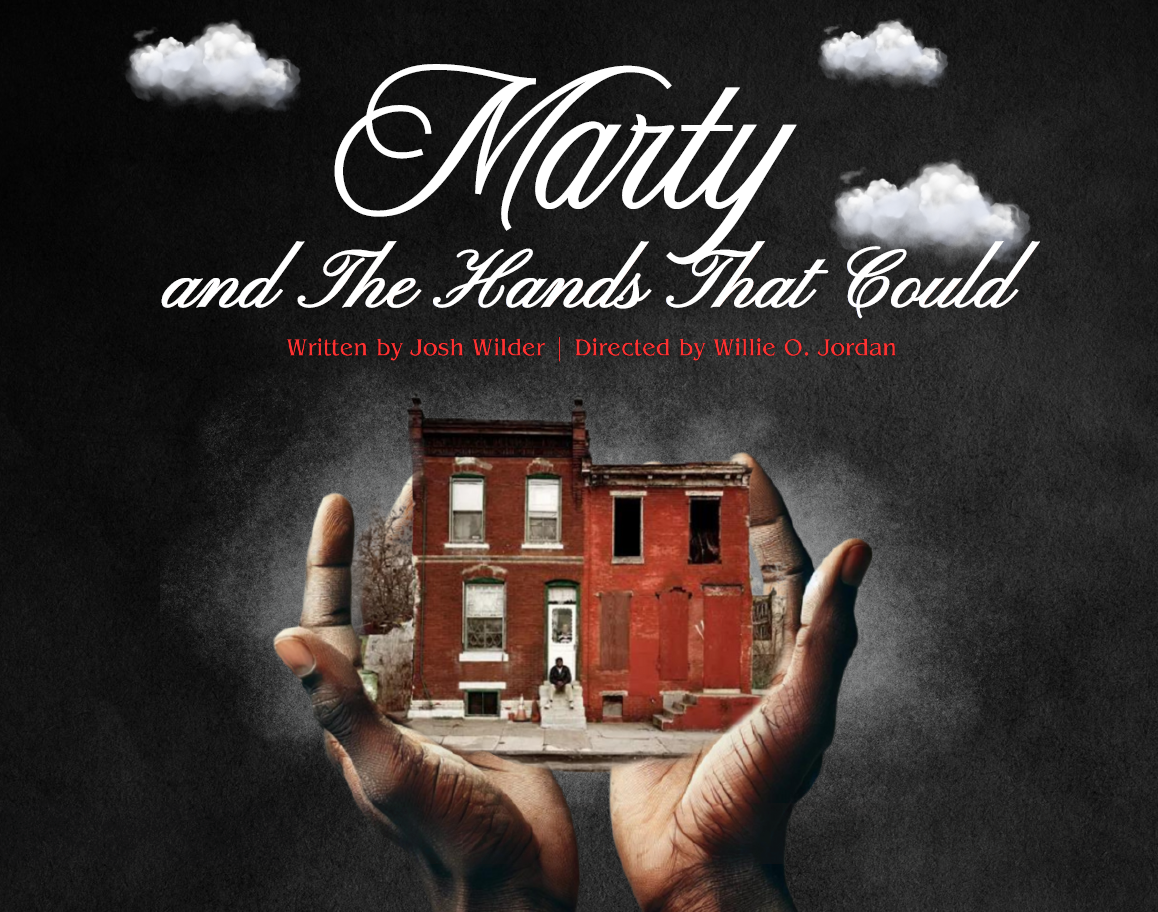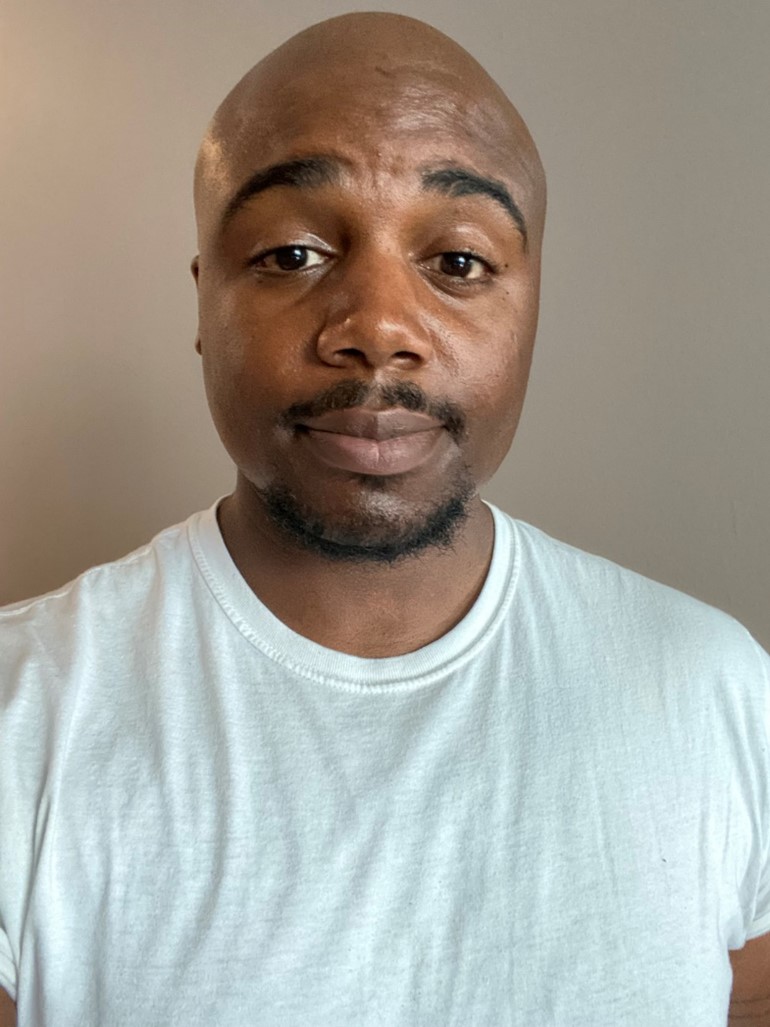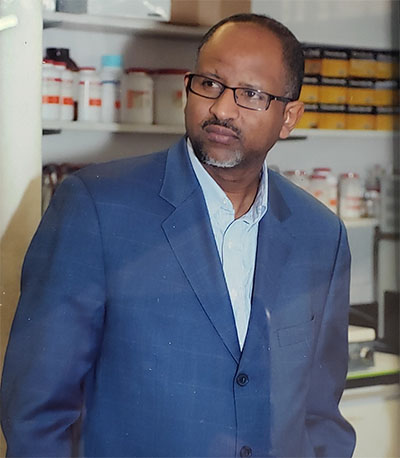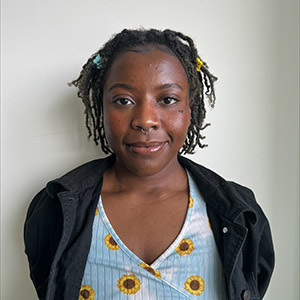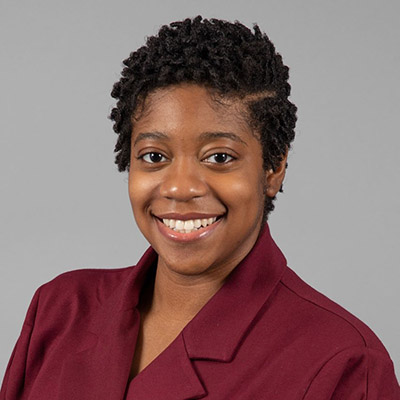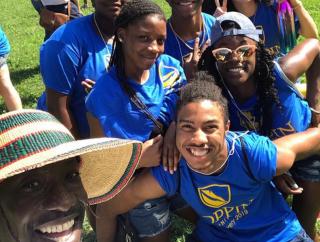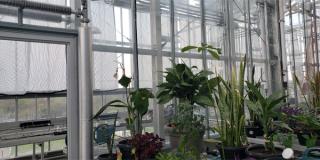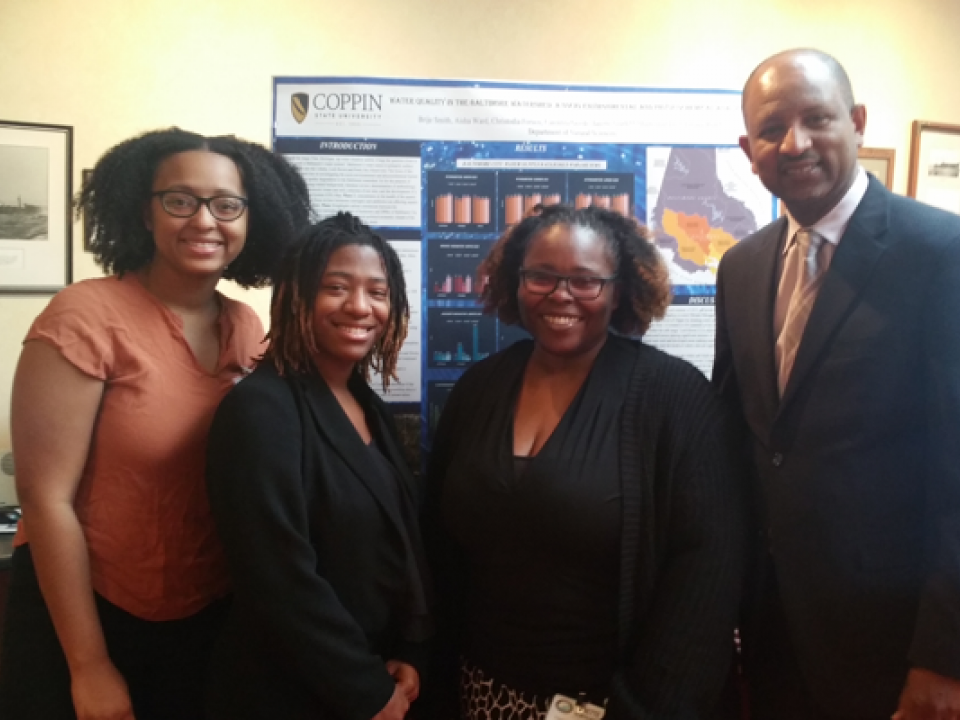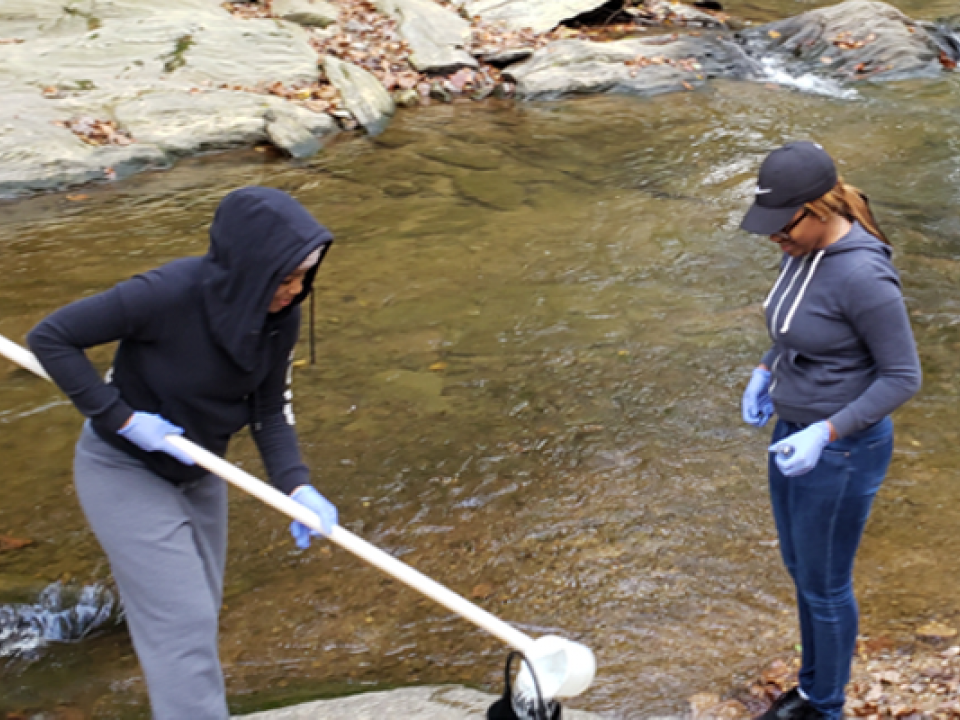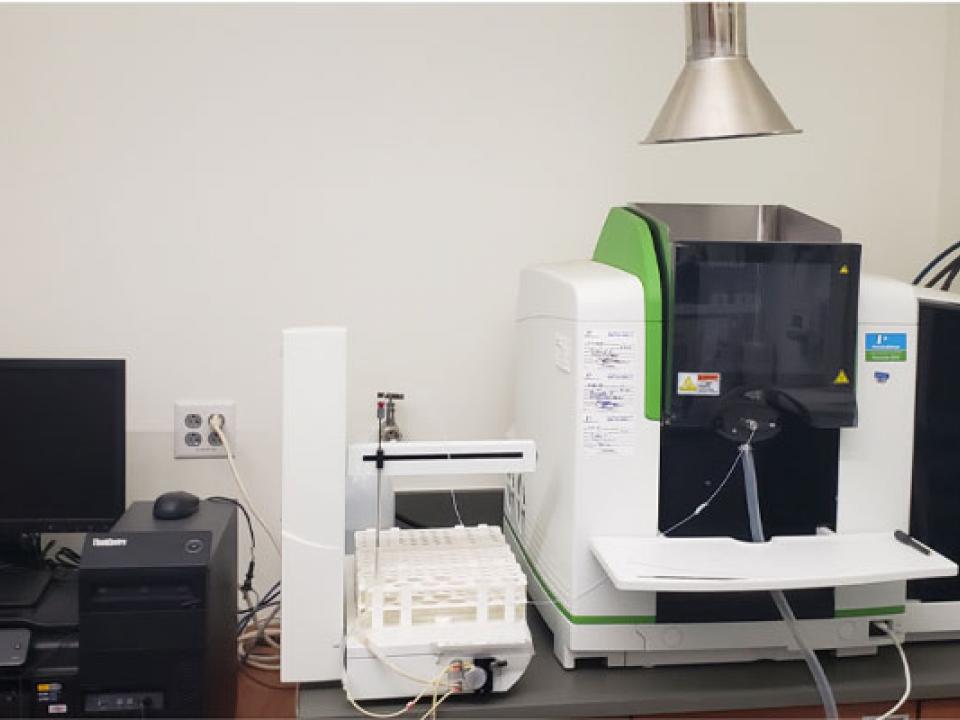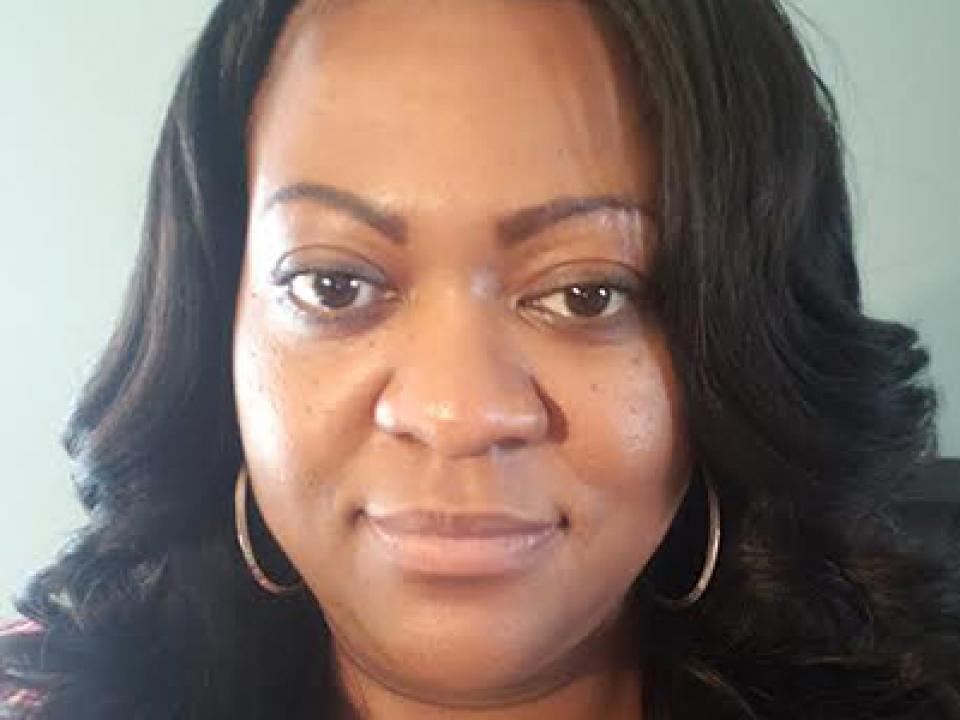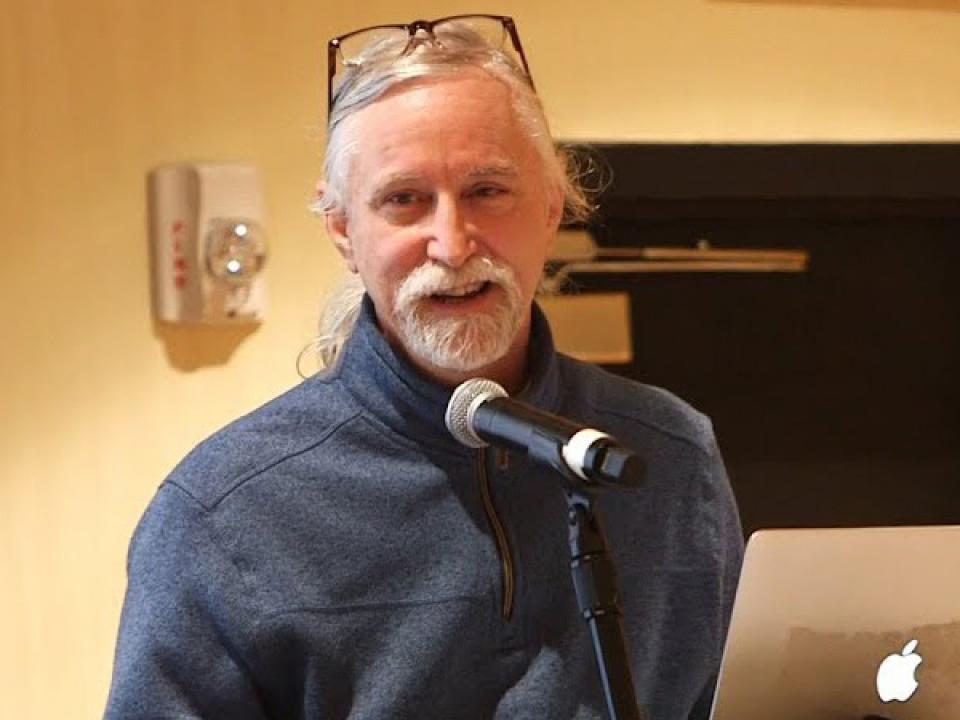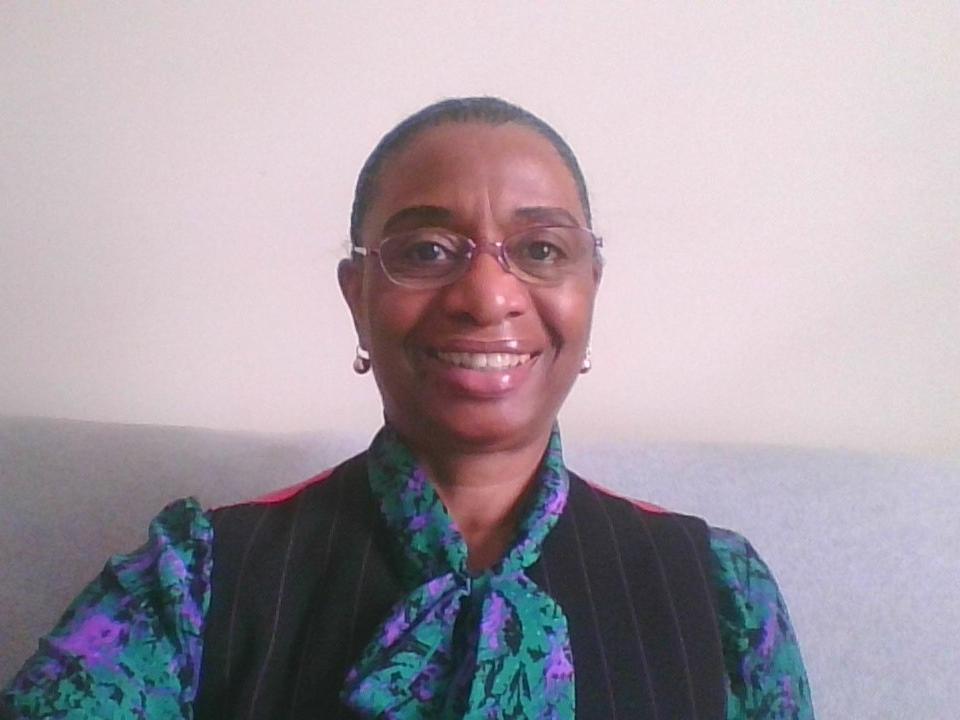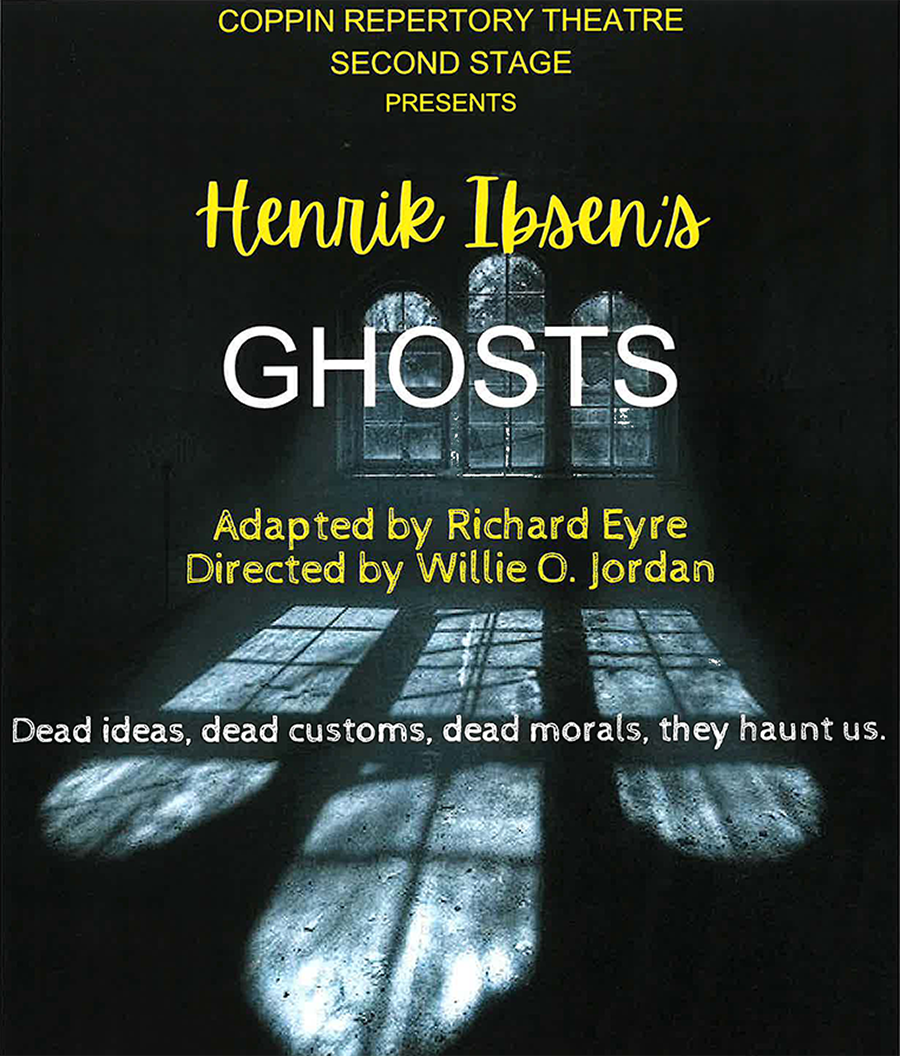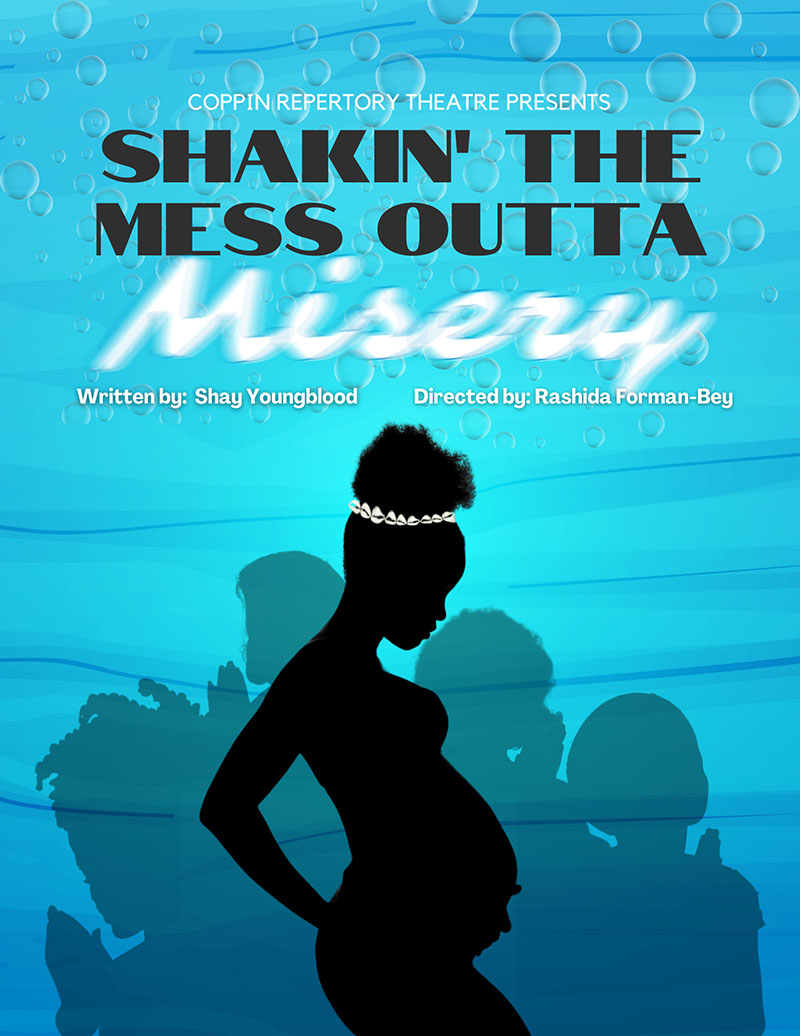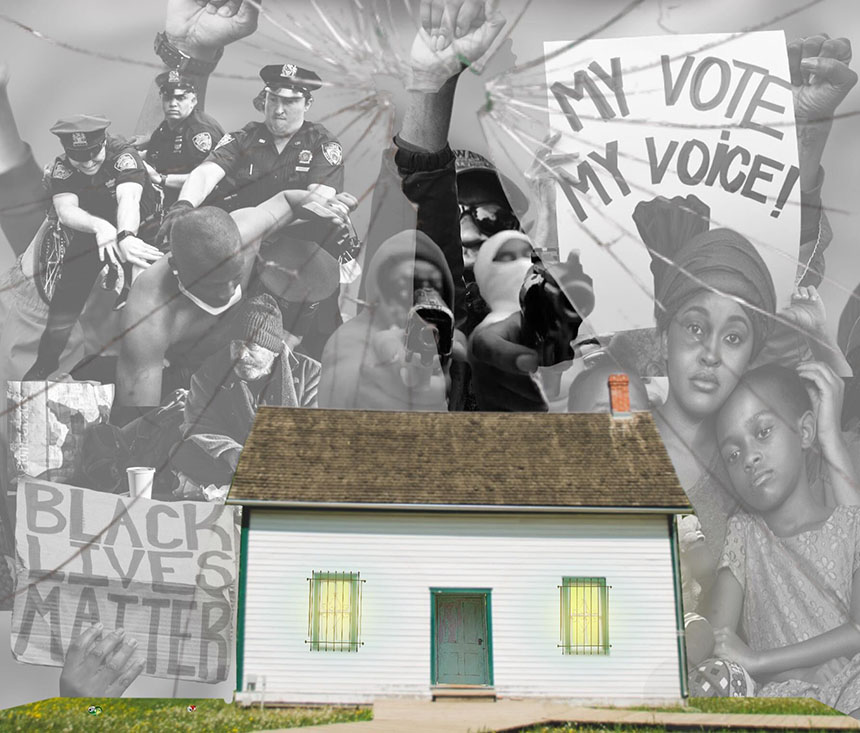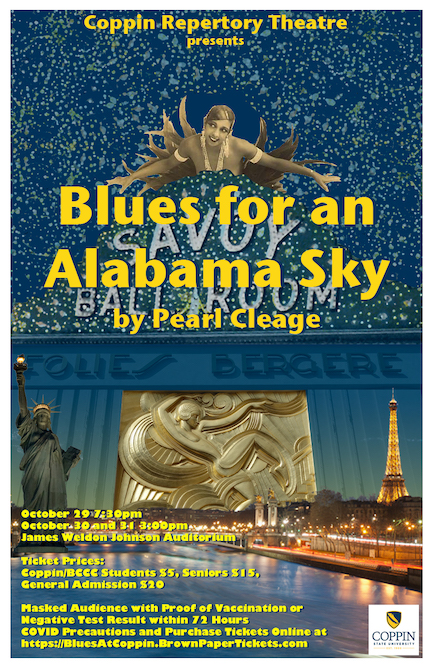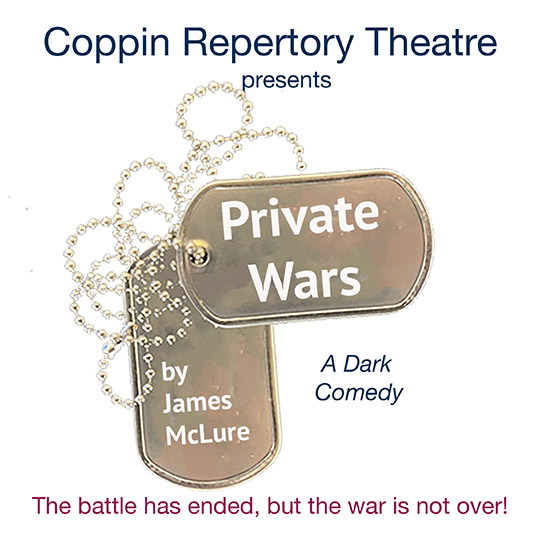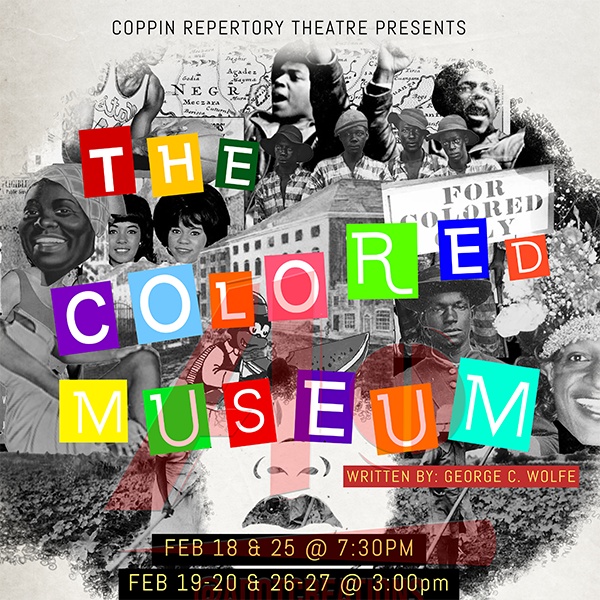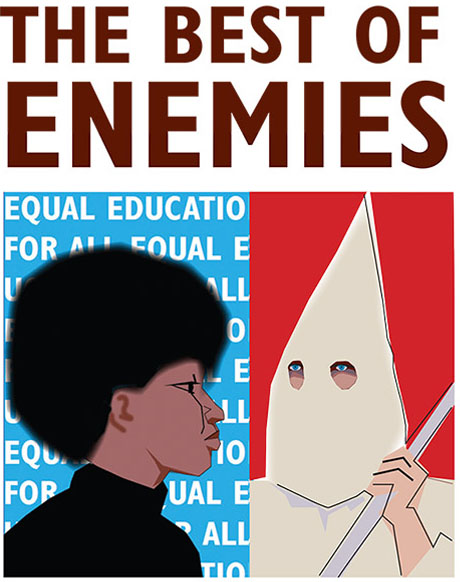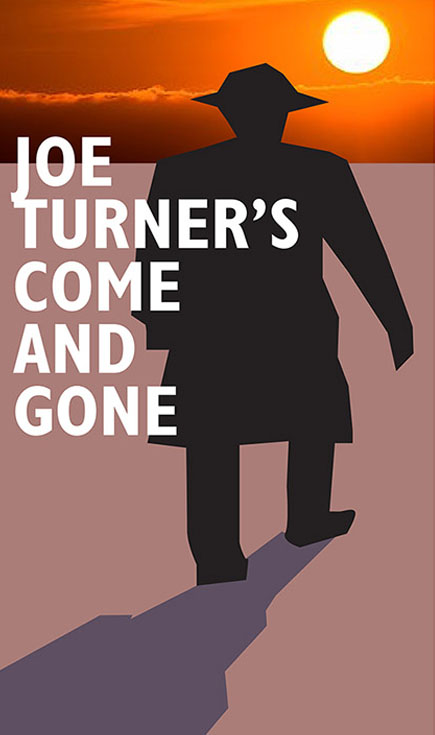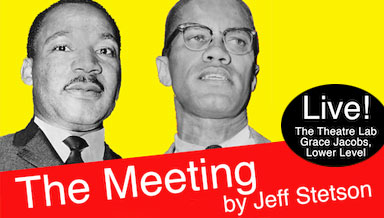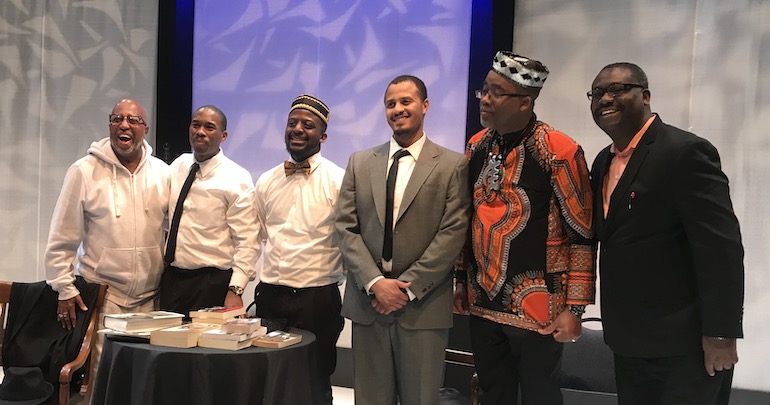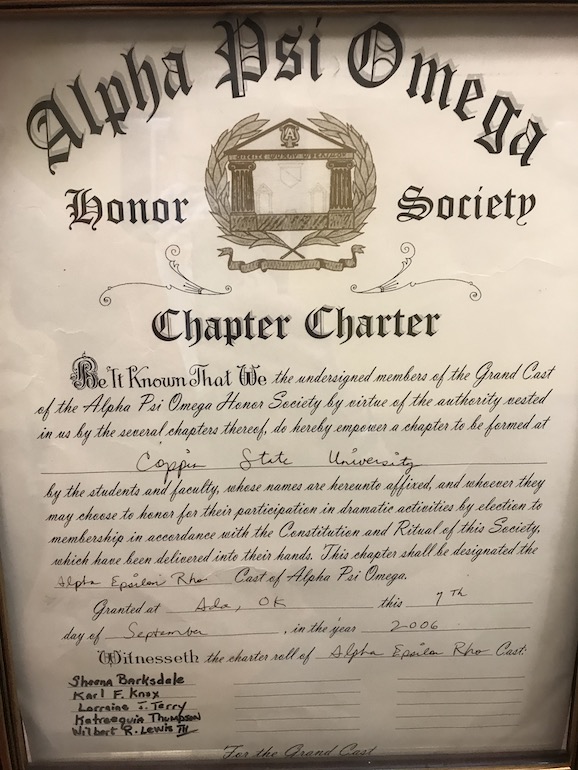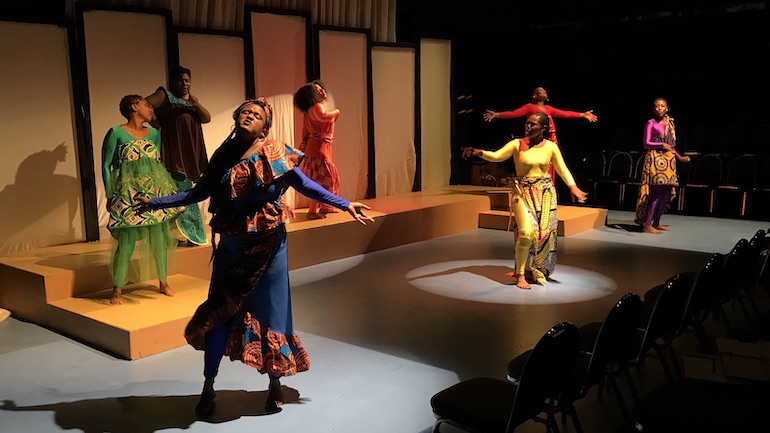Frequently Asked Questions
What kinds of Writing Center tutoring are available?
We have three tutoring services at the Writing Center:
- In-person tutoring: Our most popular service, students can work one-on-one with a tutor at the Writing Center and receive up to ten (10) pages of free printing when needed.
- Microsoft Teams tutoring: Students can work one-on-one with a tutor online.
- Coppin Correspondence: Students can upload a draft, answer some questions about themselves and their work, and receive a personalized written response from a tutor in 1-2 business days.
Schedule a Session
Request Written Feedback
How can the Writing Center help me?
From starting a new document to submitting a final draft, the Writing Center offers free services and resources to help Coppin students throughout the writing process. Here’s an overview of what that includes:
- Prewriting: Understand what a prompt wants you to do, create a plan to write a first draft, brainstorm ideas, and dig into research to start a writing assignment.
- Revision: Review your writing and get feedback with our “lenses”, strategies that answer questions about clarity, organization, expanding on ideas, and more.
- Polishing: Learn to identify inconsistencies in sentence-level grammar, as well as in formatting and citations (MLA, APA, Chicago style).
- Platform literacy: Get familiar with Blackboard, generative AI products (ChatGPT, Copilot, Grammarly), Microsoft/Google applications, Coppin State’s research databases, and other key products for writing.
Just as importantly, we engage with any kind of reading or writing. That means students can bring in texts from any course on campus, whether the work is complete or not, or from outside of the classroom, such as:
- Academic writing: Argument essays, expository essays, literature reviews, research projects, and many other genres
- Business and professional writing: Abstracts, cover letters, resumes, personal statements, etc.
- Creative writing: Narrative essays, short stories, poems, etc.
- Multimodal writing: PowerPoint presentations, prepared speeches, videos, podcasts, and group projects
- Readings: Essays or textbook chapters
- Writing outside of class: Scholarship/employment applications, SAP appeal letters, personal projects, and much more
In other words, our student service isn’t only for English classes!
Does the Writing Center have other resources?
Yes! Every writer needs guidance sometimes, so the Writing Center hosts its resources on Blackboard. The “course” name changes to reflect the current semester, but all Coppin State students have access. It includes:
- Links to schedule a tutoring appointment or request written feedback
- About 70 handouts, templates, and videos on topics related to writing (and counting)
- A Turnitin link for student self-assessment and Writing Center analysis
- A discussion board for quick questions that may not need an appointment
We also host workshops throughout each semester in partnership with others on campus. If you’re a member of the Coppin State community and would like to suggest a future workshop, please contact us.
Workshop Schedule
Do I need an appointment to get help from the Writing Center?
The short answer? It depends. For in-person tutoring, students can walk in whenever we’re open and see if a tutor is available right away, but the only way to guarantee time with someone at the Writing Center is to make an appointment. They are 50 minutes long and available at every half-hour interval, beginning at 8:30 AM and continuing until 4:00 PM.
There are a couple of advantages to scheduling an appointment:
- Students can make a tutoring appointment up to 30 days in advance.
- Students can make as many tutoring appointments as needed. The Writing Center can help create a schedule to get an assignment done from start to finish, and we can work with other requests, too, like scheduling more than 50 minutes with a tutor or setting up a small group for a shared assignment.
Coppin Correspondence can be used as often as needed for asynchronous written feedback, but students must upload drafts one at a time. Microsoft Teams tutoring is currently available by appointment only.
Have other questions about our tutoring services? Please contact us to discuss your needs.
What should I bring to a Writing Center tutoring session? What can I expect from it?
Fanny Jackson Coppin understood the influence that words and writing have on our lives, so one of our overall goals is to help students become more confident about writing on the way to success, both in class and outside of it. Another is to help them hone their individual voices and discover new ways to make their own use of our know-how. To do these things, we prioritize a few key ideas:
- We write collaboratively. Whether students use pen and paper, a laptop, or a mobile device, tutors identify opportunities to write together.
- We treat writing like it’s a conversation. Writing has a lot in common with speaking, and every student has a unique voice that deserves space on the page. “Conversation” is our way to slow things down, consider our thoughts, and write things down without worrying too much about what it looks like right away.
- We don’t make judgments. Writers have goals beyond “good” and “bad”. For instance, is a draft persuasive or informative enough? We start with questions like that instead, and we take students’ ideas seriously, even if they don’t yet know how to fully express them.
That said, students can prepare by bringing an open mind to the Writing Center! We also encourage students to have their documents ready at the beginning of a tutoring session. For example, if you like to work with paper copies, bring one to share with us or email your file to the Writing Center before arriving so we can print it for you. By contrast, if you usually work from a laptop or tablet, prepare your browser with tabs for your digital texts (cloud-based drafts, sources, etc.).
In many cases, our first task is to get familiar with writers and their work, so tutors start by learning about the assignment and skimming the text while students write a list of their questions and concerns. After that, students can determine the session’s focus by deciding which question they believe is most important.
Numerous things can happen from there! For example, with an assignment prompt, you and the tutor will break it down together, negotiate when you might do each task, and brainstorm potential ideas. If you have a draft and would like some feedback, you’ll first read through it together and then respond to it. If you have multiple questions about how to revise that draft, a tutor may suggest a follow-up appointment to address the rest.
Who has access to my Writing Center work?
Unless specifically requested by a student, we do not release any working documents to instructors.
How does the Writing Center handle plagiarism?
We will not make edits or do your work for you—that is plagiarism. We report any evidence of intentional plagiarism to the Writing Center Coordinator for review. Intentional plagiarism is when you use someone else's ideas and/or words and purposely call them your own.
What is the Writing Center’s stance on generative AI?
There’s no doubt that the widespread use of generative AI (GenAI, for short) products like ChatGPT, Microsoft Copilot, and Google Gemini – as well as AI-aided platforms like Grammarly, Quillbot, and Turnitin – have had a significant impact on how students engage with writing. However, these inventions are powerful but flawed in ways that we think are critical for our HBCU learning community to consider:
• Large language models can “embody covert racism in the form of dialect prejudice”, which reflects negative stereotypes about African American English speakers (Hofmann et al., 2024).
• Black students may have their academic integrity questioned at a higher rate than other populations because of AI detection software, which could exacerbate historic disparities in disciplining. (Madden et al., 2024).
• Overreliance on GenAI products may negatively impact critical thinking skills (Kosmyna et al., 2025; Lee et al., 2025).
That’s why our current stance is defined by refusal, which means that we don’t use GenAI at the Coppin State Writing Center, and we don’t actively advocate for students to use it, but we also do not discourage or judge them for doing so because we believe the choice is an individual one.
Instead, GenAI presents an opportunity to demonstrate how, with appropriate context, critique, and care, such products may supplement the writing process. We aim to help Coppin students learn about the role it may or may not play in different writing situations across campus, the flexibility to adapt and use it judiciously, efficiently, and responsibly when needed, and the numerous real-world costs associated with its use.
Are you a Coppin State student, staff member, or instructor with questions about generative AI and large language models? Stop by the Eagle Achievement Center during our regular hours or contact us anytime to continue the conversation and learn more about our perspective.
